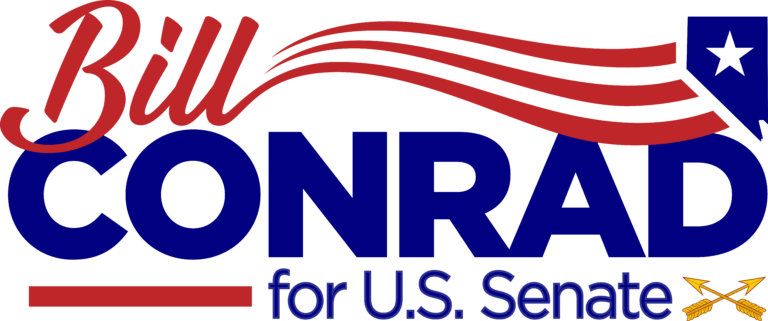My Position On Ukraine
BLUF (Bottom Line Up Front): Over the past couple of weeks in late July, I did a deep dive into our involvement in the war in Ukraine. My positions aligned closely with COL Douglas Macgregor, U.S. Army (ret) USMA 76, and Major General Paul E Valley, U.S. Army (ret) USMA 61.
We have sent over 120 billion dollars in military supplies, depleting our reserve of munitions, while NATO countries have supported the war with less than 20 billion dollars. At the same time, we have a growing threat from China.
Europe has benefited from saving by not fulfilling its fair share of the financial burden for Europe’s defense, specifically Ukraine. Yet, they have provided their citizens with outstanding education, healthcare, and security, largely thanks to the sacrifices made by Americans. Europeans should avoid overly relying on American support for their protection and security. This perception has led me to view NATO as geopolitical and defense freeloaders.
As someone who has served as a Civil Affairs Officer and Human Terrain Team Leader, I always look at the regional and historical issues a country faces. Ukraine’s history is intricate, and a combination of geopolitical, historical, and ethnic factors influences the situation in the region. It is challenging to understand the nuances of the conflict entirely, and intervening without a complete grasp of the situation could have unintended consequences that could lead us into a world war. Ukraine should not join NATO. Instead, it should act as a buffer state between NATO and Russia. Additionally, the U.S. and NATO should collaborate to facilitate peace talks between Russia and Ukraine. This conflict must be resolved as soon as possible.
Bill Conrad, LTC USA (ret)
Candidate for U.S. Senate
Position on Israel The United States offers substantial military aid and support to Israel, which includes the transfer of advanced weaponry and technology. Israel is a crucial strategic partner to the United States, and both nations have close cooperation in counterterrorism efforts, intelligence sharing, and military exercises. The United States provides significant military aid and support to Israel, including advanced weaponry and technology transfers. Israel is a regional strategic partner, cooperating closely with the U.S. on counterterrorism efforts, intelligence sharing, and military exercises. They are essential allies in the war on terror.
National Security
Protecting Our National
by Bill Conrad
When it comes to national security, my top priority is safeguarding our nation’s interests, sovereignty, and citizens through a strong national defense. Key points that outline my perspective on national security are:
- Strong Military, Peace Through Strength: The United States should never initiate force or aggression against others, except in self-defense cases. We should maintain a well-funded and technologically advanced military with a focus on Special Operations Forces/CIA to deter potential adversaries and protect the nation from external threats. I will advocate for a strong defense budget to ensure the Military remains fully equipped, trained, and ready to respond to our enemies.
- Border Security: Controlling illegal immigration and preventing potential security risks is crucial, and securing the nation’s borders is paramount. This involves investing in border infrastructure (building walls and smart electronic monitor systems), strengthening border patrol, and enhancing immigration screening processes.
- Counterterrorism: I will prioritize the fight against terrorism, both at home and abroad, and advocate for vigilant monitoring of potential threats, bolstering intelligence capabilities, and collaborating with international allies to combat terrorist organizations.
- Second Amendment Rights: I strongly support the right of every law-abiding citizen to bear arms as stated in the Second Amendment of the United States Constitution. An armed populace can act as a deterrent against internal threats and help maintain security during emergencies. Additionally, our Founding Fathers, who had just fought a war for independence against British rule, sought to ensure the new nation could defend itself from any future oppressive government. In this view, the right to bear arms was a fundamental element of maintaining a balance of power between the government and its citizens.
- National Sovereignty: I am wary of international agreements or organizations that may compromise our Country’s Sovereignty. We must approach international commitments and treaties cautiously, ensuring they align with the nation’s best interests and not undermine our autonomy.
- Cybersecurity: With the increasing digitalization of modern society, our military and intelligence agencies must emphasize the need for robust cybersecurity measures to protect critical infrastructure, sensitive information, and private citizens from cyber threats.
- Economic Self-Sufficiency: It was a grave error for the United States and the West to endorse uncontrolled globalization, prioritizing commercial gains over protecting our sovereignty and national security. We must recover our ability now to manufacture and distribute our products in the West to safeguard our defense and supply chains.
- Support for Our Allies but with a Caveat: We should maintain strong alliances with like-minded nations and advocate for their strong defense, but lean towards a more cautious approach to military interventions in foreign conflicts. We should prioritize national interests and should hesitate to get involved in prolonged military interventions without clear objectives (see the Powell Doctrine).
Overall, my position on national security seeks to balance protecting the Country’s interests and upholding our values and principles. It emphasizes strength, preparedness, and vigilance while remaining cautious about the potential implications of foreign engagements.
